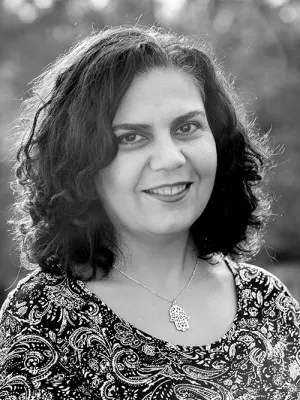
Dalia Abdelhady
Docent | Universitetslektor

Immigrant identities, communities and forms of cultural expression : The Lebanese diaspora in New York, Montreal, and Paris
Författare
Summary, in English
Diaspora refers to the multiple loyalties that migrants have to places and societies: their connections to the space they currently occupy, or host country; their continuing involvement with the homeland; and their involvement with the larger diaspora community. These multiple loyalties allow for the flourishing of communal life, and the increasing involvement with global issues and cosmopolitan identification. Thus, the framework of diaspora promises significant contributions to the understanding of the complex dynamics involved in migration and globalization.
Utilizing in-depth interviews with seventy-seven first-generation Lebanese immigrants in Montreal, New York City and Paris, the analysis explores three main areas of inquiry: (1) the manner in which members of diasporic communities make sense of their identities; (2) the types of networks and alliances that structure diaspora communities; and (3) the kinds of cultural expression members of these communities generate. As three manifestations of diasporic experiences, immigrants’ forms of identification, community attachments and cultural expression point to the ways Lebanese immigrants are moving beyond nationality, ethnicity and religion and giving rise to cosmopolitan solidarities and forms of identification.
Publiceringsår
2004
Språk
Engelska
Dokumenttyp
Doktorsavhandling
Förlag
State University of New York, Albany
Ämne
- Other Social Sciences
Nyckelord
- Immigration
- Transnationalism
- Diaspora
- Culture
- Lebanese
Status
Published
Handledare
- Steven Seidman
Försvarsdatum
5 maj 2004
Försvarstid
12:00
Försvarsplats
State University of New York
Opponent
- Richard Alba

